No matter where they are from, who they are, their economic circumstances or educational backgrounds, significant majorities of Black Americans say being Black is extremely or very important to how they think about themselves, with about three-quarters (76%) overall saying so.
A significant share of Black Americans also say that when something happens to Black people in their local communities, across the nation or around the globe, it affects what happens in their own lives, highlighting a sense of connectedness. Black Americans say this even as they have diverse experiences and come from an array of backgrounds.
Read more online at Pew Research.
A significant share of Black Americans also say that when something happens to Black people in their local communities, across the nation or around the globe, it affects what happens in their own lives, highlighting a sense of connectedness. Black Americans say this even as they have diverse experiences and come from an array of backgrounds.
Read more online at Pew Research.

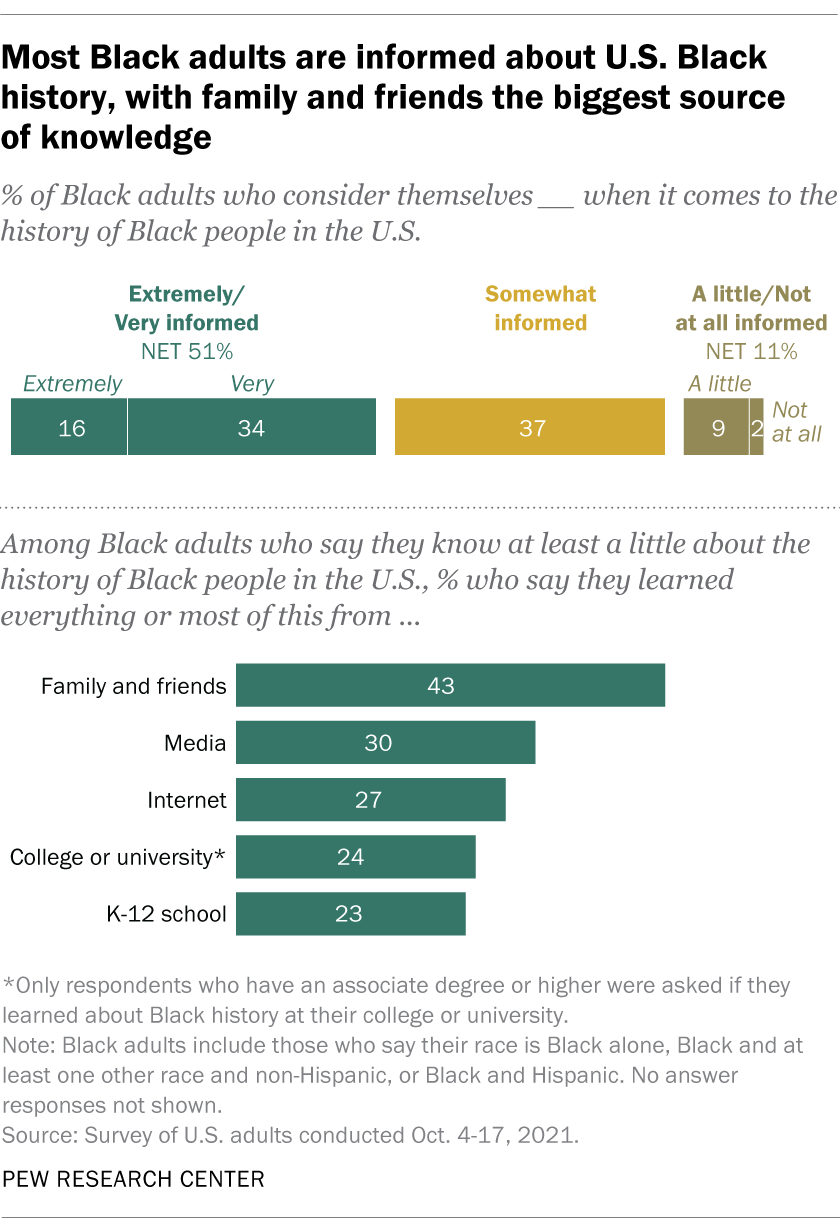
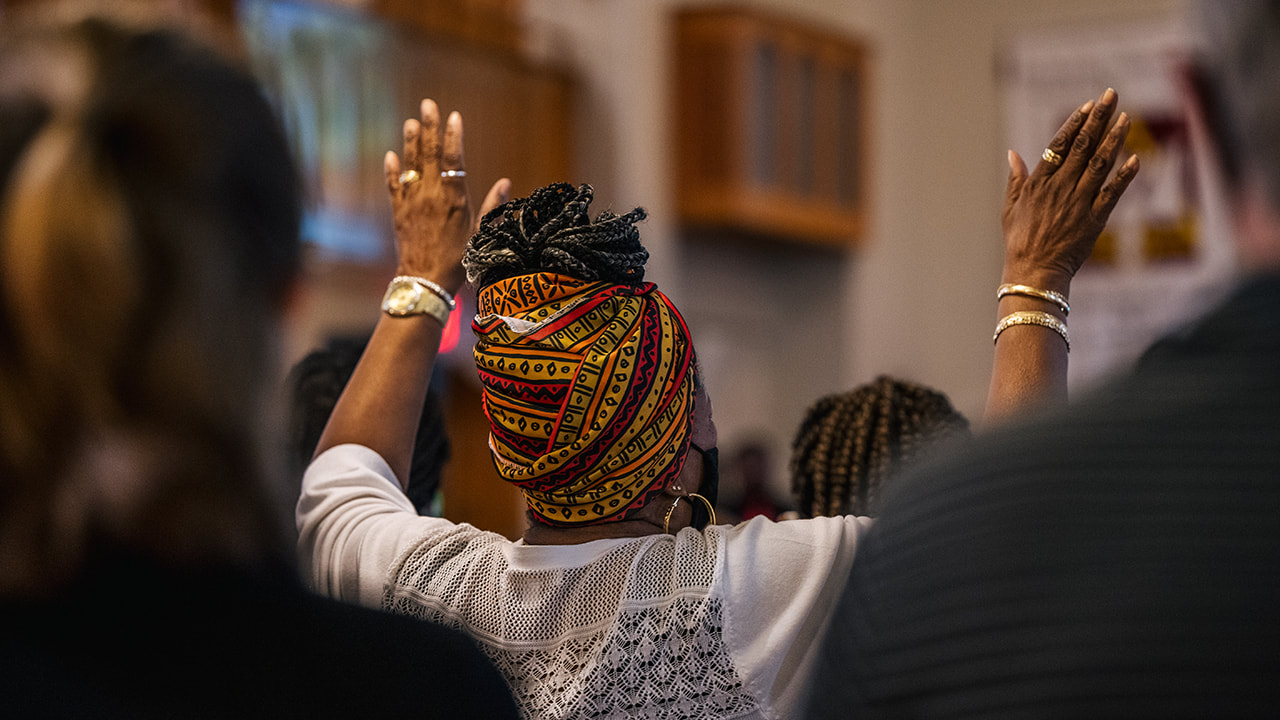

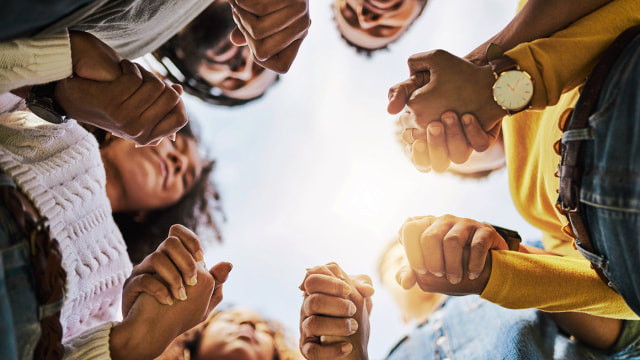
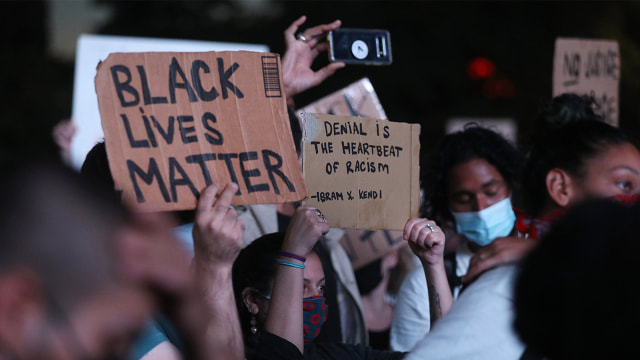
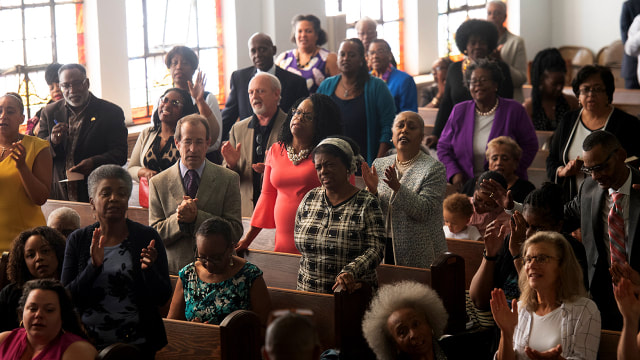
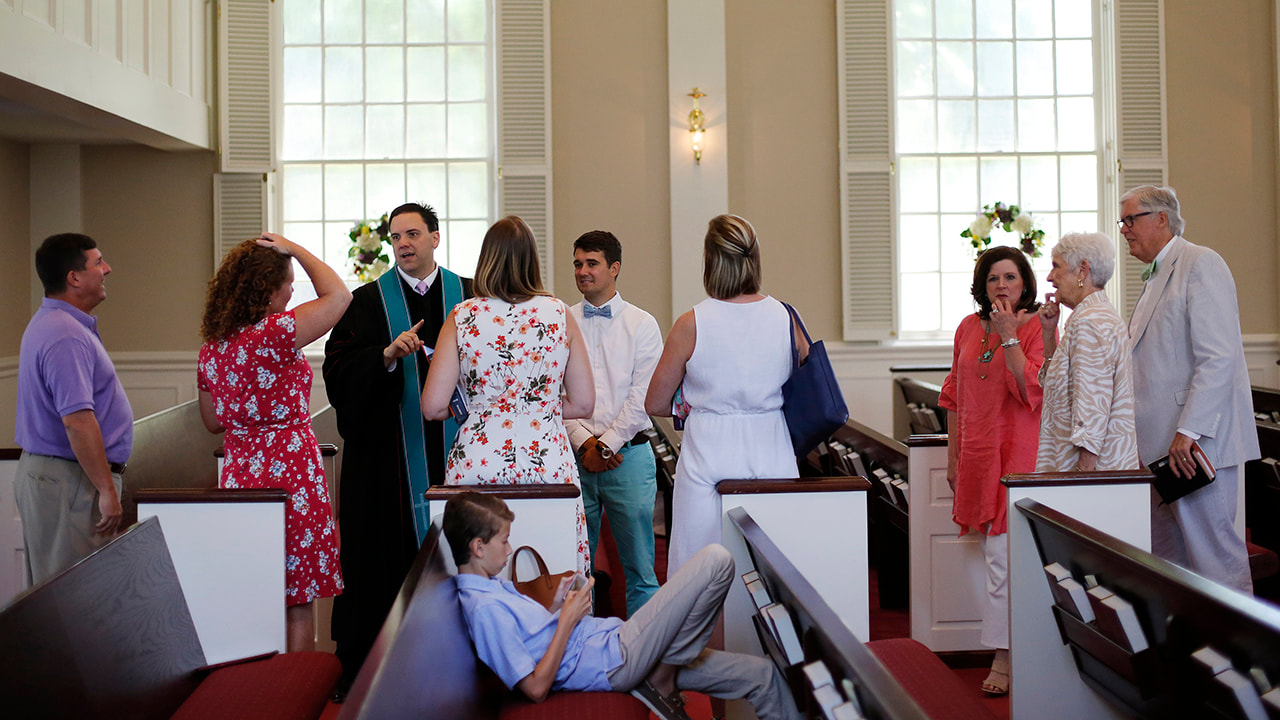
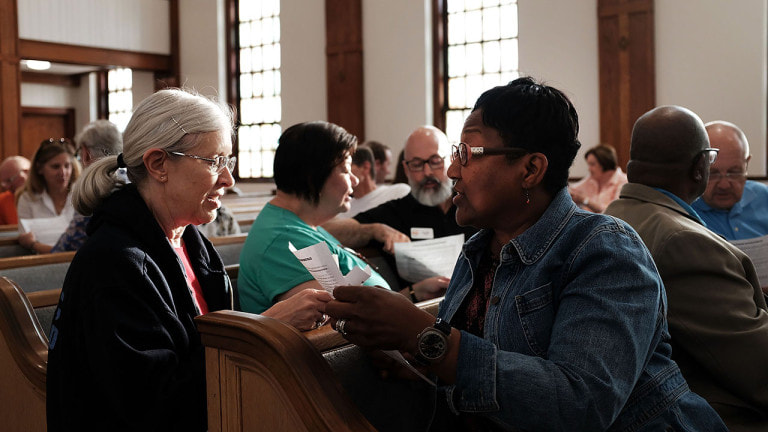
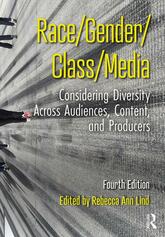

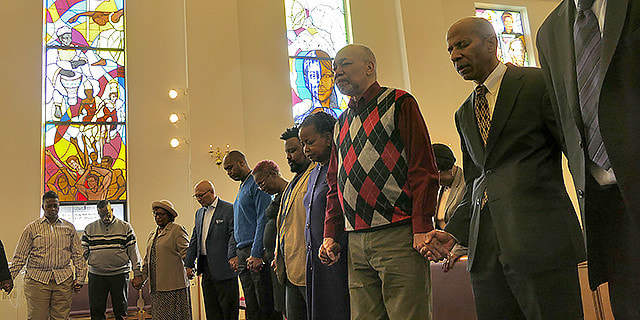
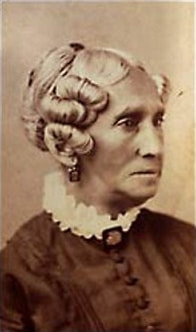
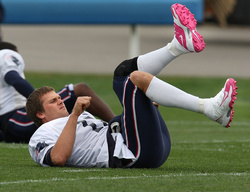
 RSS Feed
RSS Feed